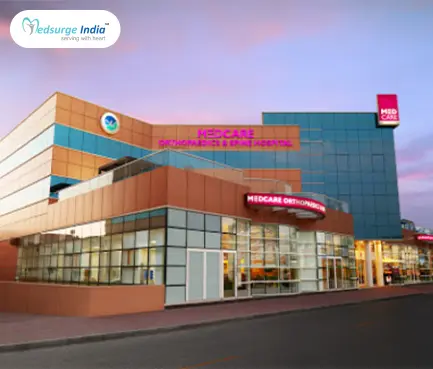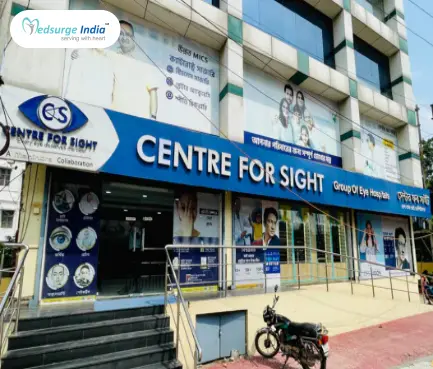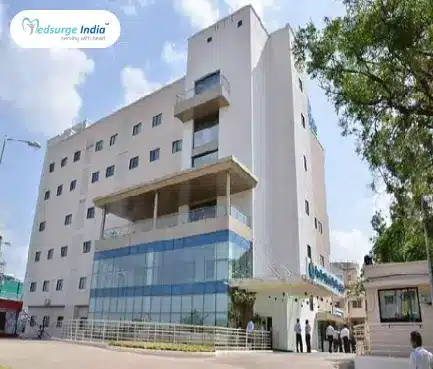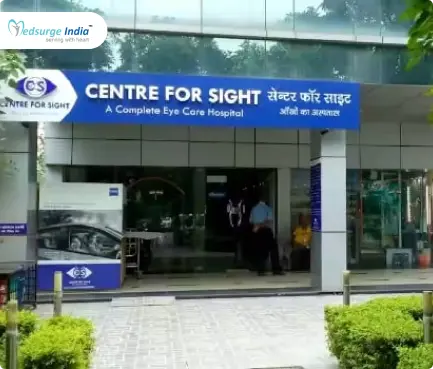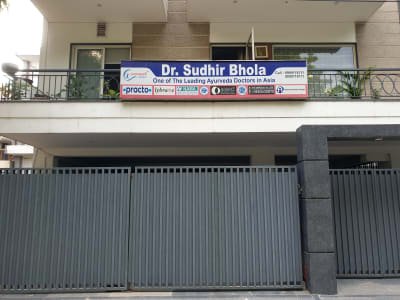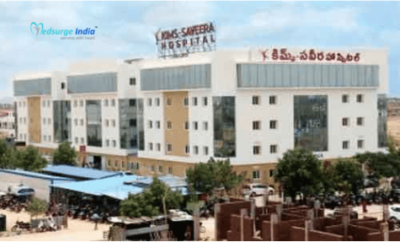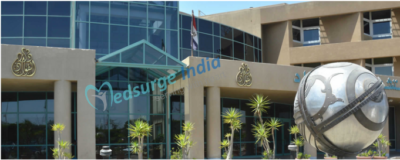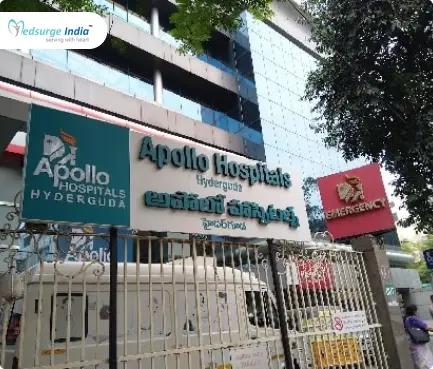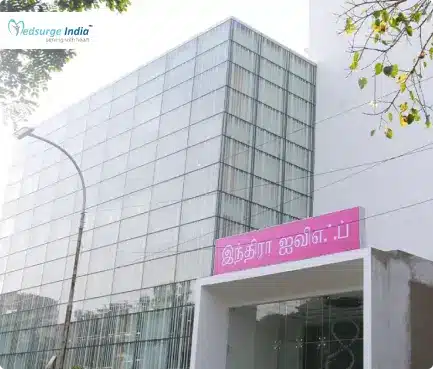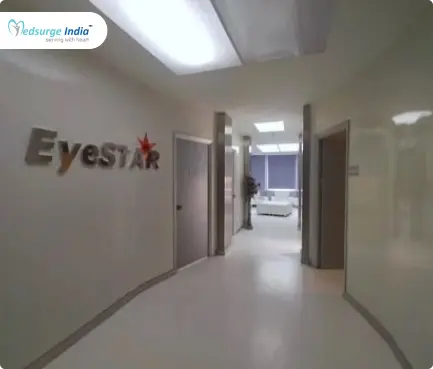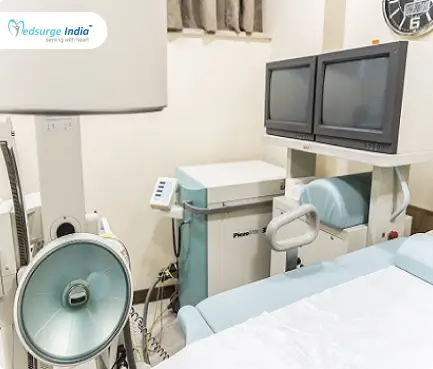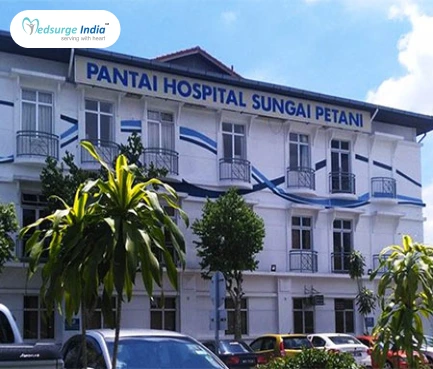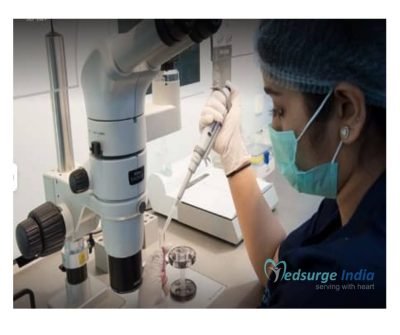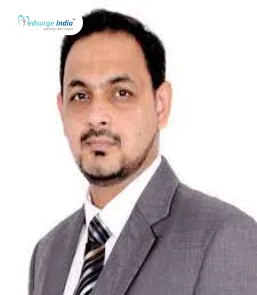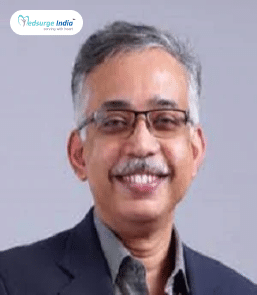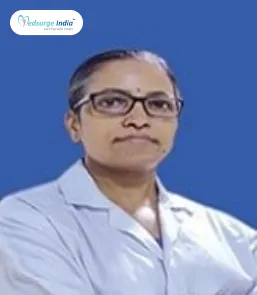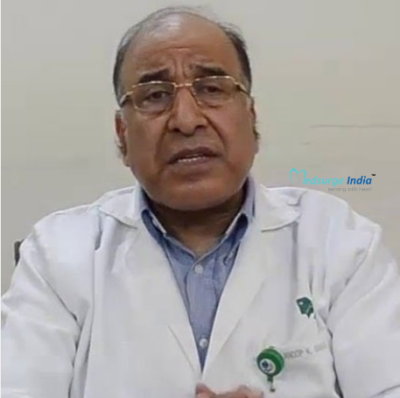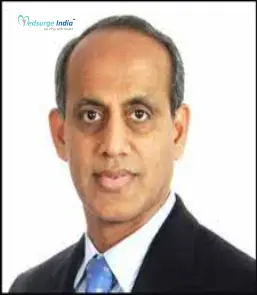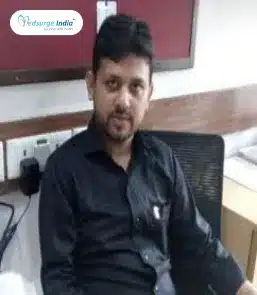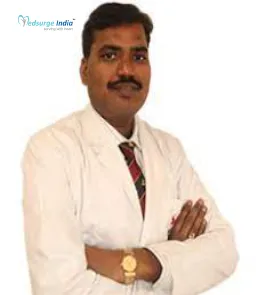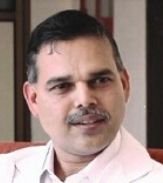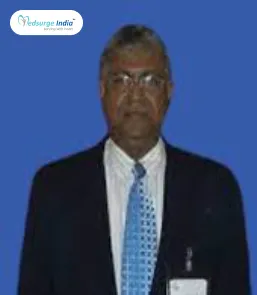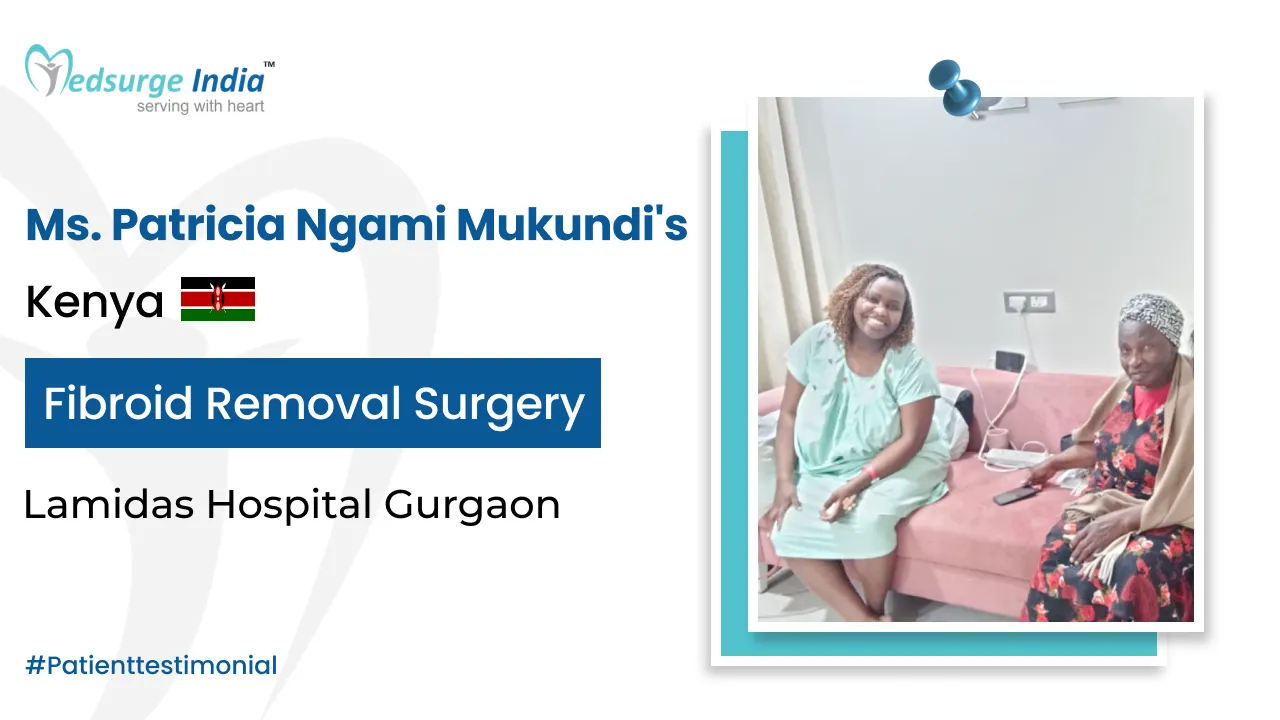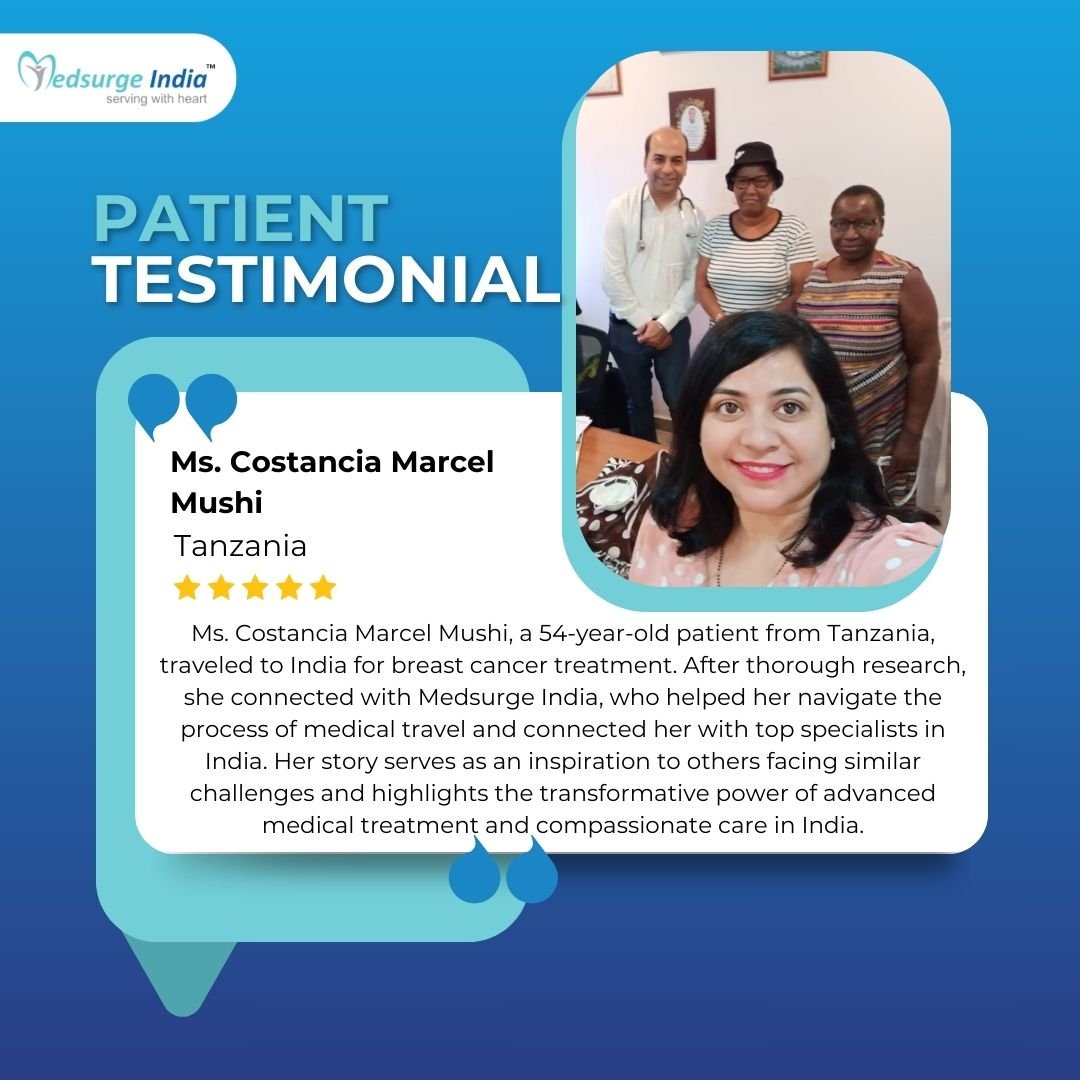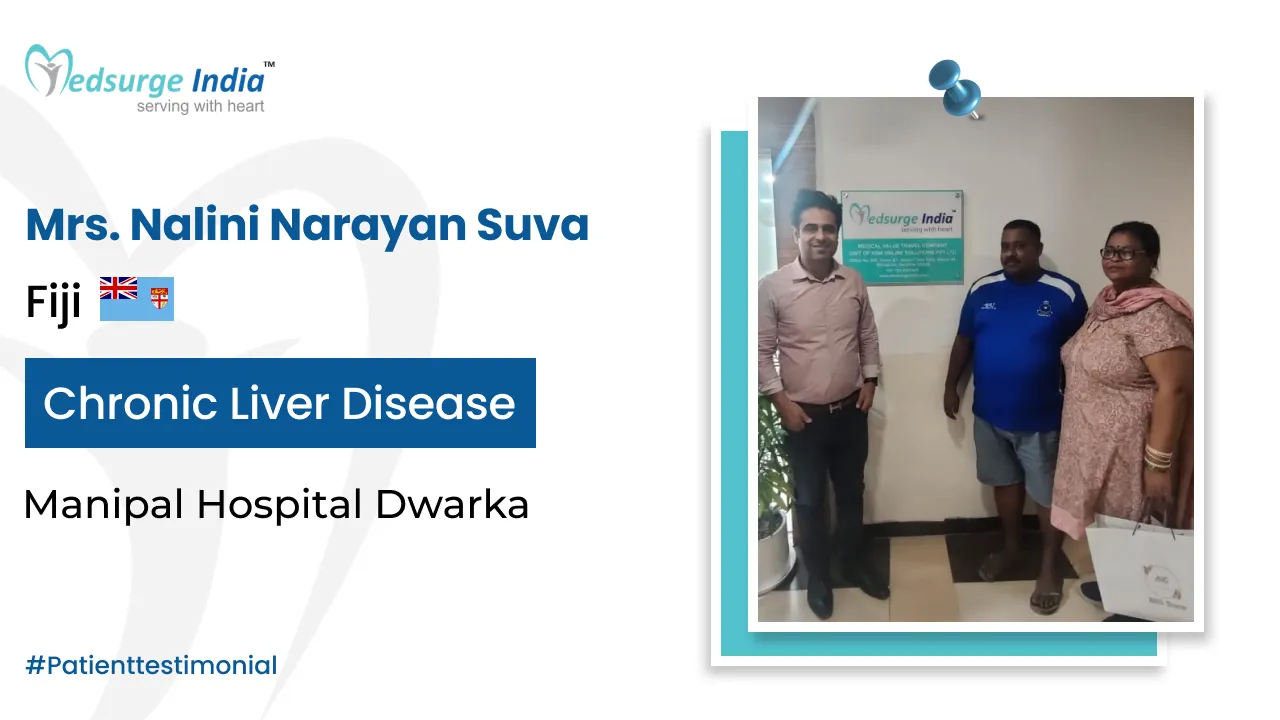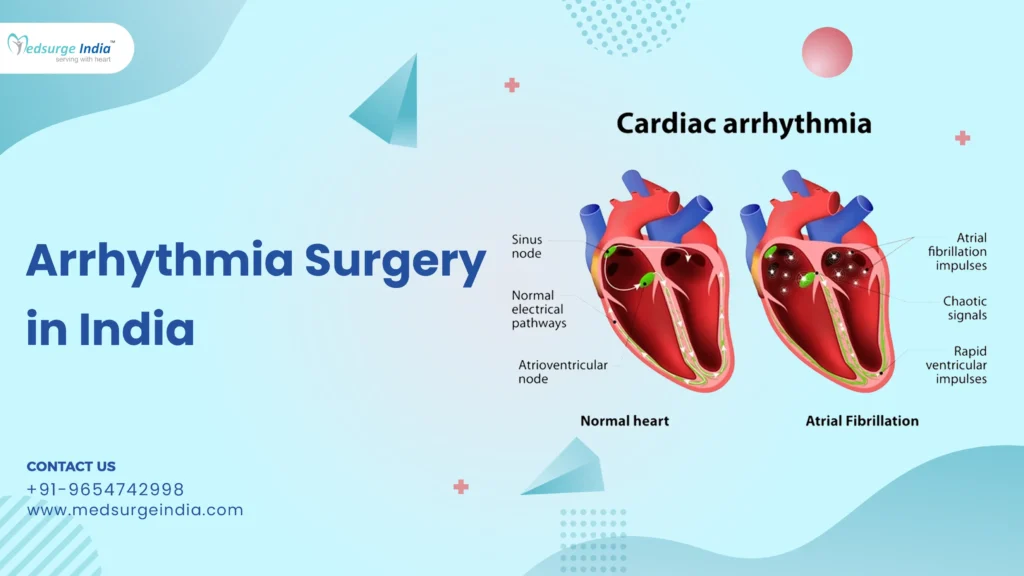
Arrhythmia refers to irregular heart rhythms, which can lead to decreased blood pumping efficiency. The majority of cardiac arrhythmias are temporary and harmless, typically manifesting as skipped or extra heartbeats. These occurrences are often triggered by intense emotions or physical activity. However, certain arrhythmias can be serious and necessitate medical intervention.
Arrhythmia Surgery Cost in India is significantly cheaper when compared to the United States, the United Kingdom, and Europe. Individuals considering Arrhythmia surgery in India can save up to 30-40% on their expenses. It should be emphasized that the cost of the surgery may differ based on the unique needs of each patient.
What Are The Types of Arrhythmia?
Various forms of arrhythmia exist, with some being benign while others pose a risk. The prognosis for individuals with an arrhythmia is determined by the specific type and level of severity. Fortunately, even severe cases of arrhythmia can often be effectively managed. The majority of individuals with arrhythmias are able to maintain a regular and healthy lifestyle.
- Ventricular fibrillation
- Ventricular tachycardia
- Ventricular arrhythmia
- Atrial flutter
- Bradyarrhythmia
- Supraventricular arrhythmias
- Premature heartbeats
Depending on the kind of arrhythmia the patient has, the doctor will select a different treatment plan.
What Causes Arrhythmia?
Arrhythmias can be caused by a number of things. The main cause of an arrhythmia is an excessively fast or sluggish electrical impulse that drives the heartbeat. The following are just a few of the numerous variables that might impact how strong the electrical impulse is:
- Inadequate nerve cells: The nerve cells that process electrical impulses can occasionally malfunction, leading to an arrhythmia.
- The issue with the heart: There could be an underlying disease preventing the electrical impulse from passing through the heart’s muscles.
- Smoking and alcohol consumption: Arrhythmias have been related to the use of nicotine, caffeine, and alcohol.
- Medications: Arrhythmias have also been linked to the use of some over-the-counter and prescription medications that contain amphetamines or cocaine.
- Stress: Arrhythmias can occasionally result from elevated blood pressure, rage, and stress hormones.
- Heart event: Arrhythmias can result from disruptions in the heart’s electrical system caused by a history of heart events, including heart attacks, heart failure, coronary heart disease, and hypertension.
Arrhythmia Surgery Cost in India
On Average Arrhythmia Surgery Cost in India range between Rs. 2,90,000 to Rs. 14,93,000 (3500 USD to 18000 USD). The cost of Arrhythmia surgery in India can vary depending on the specific requirements of the individual and the desired treatment opted by the doctor.
Average Prices of Different Types of Arrhythmia Surgery Cost in India
| Treatments | Starting Prices |
| Pacemaker Implantation | 2500USD |
| Internal cardioverter defibrillator (ICD) | 9000USD |
| Cardiac Resynchronization Therapy (CRT) | 11000USD |
| Pulmonary vein isolation | 3100USD |
| Minimally invasive heart surgery | 4300USD |
| Coronary Artery Bypass Grafting (CABG) | 3500USD |
| Ablation Therapy | 4300USD |
| Maze procedure | 2800USD |
Average Prices of Arrhythmia Surgery in Different Countries in India
| Cities | Starting Prices |
| Delhi | 4500USD |
| Gurgaon | 4700USD |
| Noida | 3200USD |
| Bangalore | 5500USD |
| Mumbai | 5800USD |
| Chennai | 5600USD |
| Hyderabad | 4200USD |
| Ahmedabad | 3900USD |
Please keep in mind that the cost and treatment options for Arrhythmia Surgery Cost in India may differ based on the patient’s preferences and other factors.
Factors That Can Affect Arrhythmia Surgery Cost in India
The following here are some variables that can affect Arrhythmia Surgery Cost in India:
- Medication costs.
- Duration of treatment.
- Geographical location.
- Hospitalization expenses.
- Government policies and subsidies.
- Medical tourism packages.
- Hospital reputation and infrastructure.
- The expertise and experience of medical professionals.
- The type and frequency of diagnostic procedures.
- The choice of treatment modality.
When you look at Arrhythmia Surgery Cost in India the quality and level of medical care and facilities offered are on par with renowned healthcare institutions worldwide, even after factoring in the costs of accommodation, meals, and transportation. Moreover, under the guidance of highly proficient doctors, Medsurge Indië ensures that patients receive the most affordable Arrhythmia Surgery Cost in India.
Helpful: AICD Implantation Cost in India
Arrhythmia Surgery in India
The irregular heart rate or beating of the heart is corrected via arrhythmia surgery in India. Different tissues and organs cannot obtain an adequate amount of oxygenated blood due to the inadequate blood pumping caused by irregular heartbeats. Excess or skipped heartbeats cause the majority of arrhythmias that patients encounter. This typically occurs when they exercise or experience intense emotions. However, some arrhythmias have the potential to be fatal. Treatment for these arrhythmias needs to start right away and can involve surgery or non-surgical methods.
Types of Surgical Treatments For Arrhythmia Surgery in India
- Pacemaker: A pacemaker is a small device designed to regulate the heartbeat by emitting electrical impulses to stimulate the heart when necessary. It is typically implanted under the skin near the collarbone, with a wire extending from the device to the heart. This intervention is commonly recommended when medications fail to control arrhythmia or heart rate, leading to a dangerously slow heart rate or absence of a heartbeat.
- Minimally invasive surgery: Cardiac surgeons perform minimally invasive surgery by entering the heart through small incisions in the right and left chest walls, eliminating the need to split the breastbone. This approach reduces pain and recovery time for patients, allowing them to return to their daily routines more quickly. Additionally, minimally invasive surgery results in smaller scars, lowers the risk of infection and may lead to less blood loss compared to traditional open heart surgery.
- Ablation Therapy: Doctors employ a minimally invasive technique called ablation therapy to remove aberrant tissue, which can be found in a variety of illnesses. To cure tumors in the lung, breast, thyroid, liver, or other parts of the body, for instance, or to eliminate a small amount of heart tissue that is causing irregular cardiac rhythms, a doctor may perform an ablation surgery.
- Internal Cardioverter Defibrillator (ICD): An internal cardioverter defibrillator (ICD) can be surgically implanted to address arrhythmias characterized by rapid heartbeats (tachycardia) or irregular quivering (fibrillation) instead of strong contractions. By emitting electronic signals, the ICD intervenes whenever the heart rate exceeds a predetermined threshold or becomes excessively high. These signals effectively restore a slower heart rhythm and enhance pumping efficiency. However, it is important to note that an ICD is typically not employed for the treatment of atrial fibrillation.
- Cardiac resynchronization therapy (CRT): The implanted device aids in coordinating the left ventricle’s contractions and reinstating a regular rhythm. Unlike a standard pacemaker and defibrillator, a CRT-D device contains one or two extra leads. These additional leads are typically positioned in the right ventricle and right atrium. The device utilizes the extra lead to access the rear or left portion of the left ventricle. Throughout the process, the lead is commonly directed through a small vein located at the back of the heart, known as the coronary sinus.
- Maze procedure: It involves the surgeon making several surgical incisions in the upper half of the heart (atria) to create a maze-like pattern of scar tissue. Since scar tissues do not conduct electricity, they can disrupt the electrical signals that lead to certain types of arrhythmia. It is a successful procedure, however, due to its invasive nature, doctors typically suggest it for individuals who have not responded to alternative treatments. Patients undergoing heart surgery for other reasons may also be advised to undergo this procedure.
How Can Medsurge India Help?
Medsurge India is a reputable assistance network for individuals seeking doctors, hospitals, and specialized treatments. Our team will furnish you with a roster of licensed, esteemed, and reliable physicians and medical establishments tailored to your specific medical requirements. Furthermore, we provide a treatment plan that aligns with your financial means. Moreover, we aid patients in acquiring travel permits, medical visas, and various other services.
Get Free Cost Estimation
The Most Important Frequently Asked Questions
Q: Is Surgery a Viable Treatment for Arrhythmia?
A: One of the other possible treatments for arrhythmias of the heart is the implantation of a cardiac device by surgery. Open cardiac surgery may be necessary in certain cases to prevent or halt an irregular heartbeat. The following categories of operations and surgeries are used to treat cardiac arrhythmias: Ablation with a catheter.
Q: Can an Arrhythmia Be Treated Non-Surgically?
A: Medicines classified as rhythm control (anti-arrhythmic) work to restore the heart’s normal rhythm while rate-control medications regulate the heart rate during AFib. These medications can be somewhat effective, but many people find it difficult to deal with the adverse effects or are unable to take them because of conflicts with other medications they may be taking.
Q: How Dangerous Is an Arrhythmia?
A: You can have other symptoms including fainting or dizziness. Medication or techniques to regulate the erratic beats can be used to treat arrhythmias. Arrhythmias can harm the heart, brain, or other organs if they are not addressed. This may result in a potentially fatal heart attack, stroke, or cardiac arrest.
Q: What Is the Duration of Arrhythmia Surgery?
A: Typically, cardiac ablation requires three to six hours to finish. The type of abnormal heartbeat being treated determines how long it will take. Following the treatment, you spend a few hours resting in a recovery area under the strict supervision of a care team.
Q: What’s the Long-Term Cure for Arrhythmias?
A: ICDs, or implanted cardioverter defibrillators, are machines that shock or pulse electricity into the heart to restart a regular heartbeat. Arrhythmias, or irregular, rapid, or excessively slow heartbeats, are treated with them to prevent or treat them.
Top Hospitals for Arrhythmia Surgery in India
Top Doctors for Cardiology And Cardiac Surgery
Dr. K. K. Talwar
Chairman , MBBS, MD, DM
Experience: 41 years of experience
Pushpawati Singhania Research Institute
New Delhi, India
Dr. Cecily Mary Majella
Consultant
Experience: 23 years of experience
Apollo Spectra Hospital, Chennai
Chennai, India
Dr Smruti Rajan Mohanty
Consultant , MBBS, MS, DNB, MCh, Fellowship
Experience: 13 years of experience
Kokilaben Dhirubhai Ambani Hospital, Mumbai
Mumbai, India
Dr. Rakesh P Gopal
Senior Consultant
Experience: 22 years of experience
Apollo Spectra Hospital, Chennai
Chennai, India
Dr. Manjunath S Pandit
Senior Consultant
Experience: 11+ years of experience
SDM Narayana Heart Centre, Dharwad
Dharwad, India
Dr. Anoop K. Ganjoo
Senior Consultant
Experience: 27+ years of experience
Indraprastha Apollo Hospital, New Delhi
New Delhi, India
Dr. Rashid Zeya Ayubbi
Consultant
Experience: 11 years of experience
AMRI Hospital, Kolkata (Dhakuria)
Kolkata, India
Dr. Kailash A Jain
Senior Consultant DNB, MS, MBBS
Experience: 16 years of experience
Chennai, India
Dr. Sameer Dhingra
Consultant
Experience: 8 years of experience
Pushpawati Singhania Research Institute (PSRI), New Delhi
New Delhi, India
Dr. Jayanta Chakraborty
Associate Consultant
Experience: 10 years of experience
AMRI Hospital, Kolkata (Dhakuria)
Kolkata, India
Dr. Yashwath A L
Experience: 14+ years of experience
RL Jalappa Narayana Heart Centre, Tamaka, Kolar
Kolar, India

